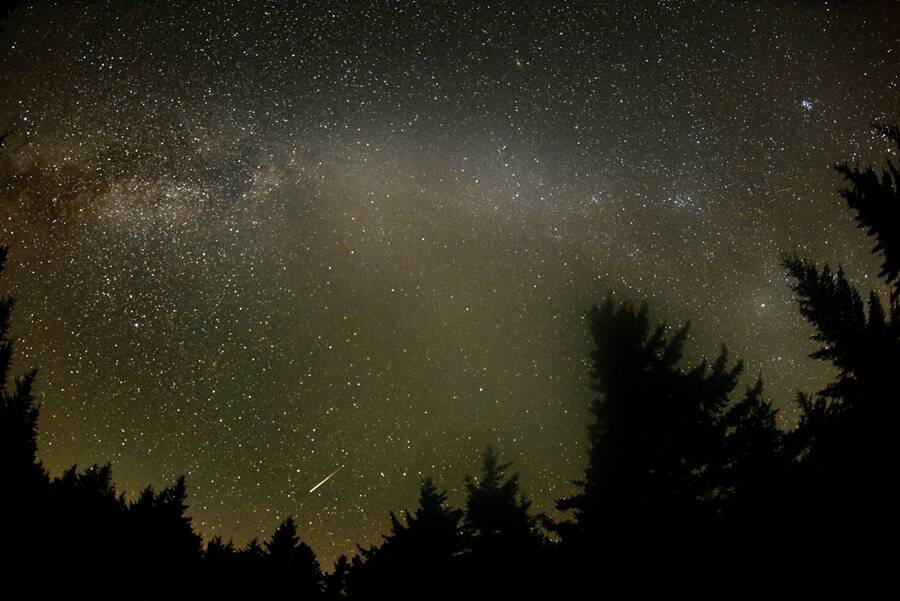FIRST SOLID EVIDENCE OF SOMEONE BEING KILLED BY A METEORITE DISCOVERED BY SCIENTISTS

FIRST SOLID EVIDENCE OF SOMEONE BEING KILLED BY A METEORITE DISCOVERED BY SCIENTISTS
A man was hit and killed by a meteorite in Iraq in the early 19th century.

Records of the event provide scientists with what is likely to be the earliest record of the death caused by being struck by a meteorite — and the only such death uncovered so far.
Science Alert reports that a group of researchers discovered multiple manuscripts inside the Directorate-General of State Archives of the Presidency of the Republic of Turkey, chronicling the death of a man killed by a falling meteorite.
The three reports have been written in Turkish Ottoman, dating from the 19th century, and in particular from 22 August 1888. The unfortunate incident happened in what is now Sulaymaniyah, Iraq.
According to the document, residents of a nearby town about 8:30 pm seen a fireball high in the sky, which indicates that the meteorite came from the Southeast.
Then, a shower of rocks fell from the sky over a 10-minute period. The killer meteorite came from this shower.

The documents were uncovered and analyzed by a team of researchers led by Ozan Ünsalan, an associate professor at Turkey’s Ege University. The account in the records is consistent with other documented events of such meteorite showers in which meteors typically explode or burn out before they hit Earth.
Although they may not show up on the news, our planet is bombarded by millions of meteors daily. But these space rocks typically burn out as they fall through our atmosphere. According to NASA’s fireball records, only 822 meteors have been big enough to explode in the atmosphere since 1988.
In 2013, the Chelyabinsk meteorite exploded in the atmosphere, causing a meteorite shower containing large chunks that weighed up to 1,442 pounds, and still, nobody was killed. In fact, all injuries sustained from the incident resulted from the shockwave from the explosion, not from the falling debris.
Despite the shocking regularity of Earth getting hit by these rocks from outer space, experts have not found a single instance of anyone getting killed by space debris — that is, until now.
“Due to the fact that these documents are from official government sources and written by the local authorities, even grand vizier himself as well, we do not have any suspicion on their reality,” the researchers wrote in the study published in the journal Meteoritics & Planetary Science published in late April 2020.

In addition to the meteorite victim’s death, records of the 1888 meteorite shower also mention another victim who — though they survived the event — was struck by the falling debris and became paralyzed. The Ottoman documents also recorded crop damage which was likely an effect from the shockwave.
Not only did the records provide a credible account of the meteorite death, they purportedly included hard evidence of it. One of the letters appeared to have originally been accompanied by a sample of the meteorite, but researchers could not find the rock sample in any of the Turkish archives or museums.
The archival documents were just recently discovered after they were digitized. They had been written in old Ottoman Turkish language which made the documents challenging to translate. There are still many documents that the team has yet to finish going through.
Researchers note that the lack of evidence of meteorite strike deaths throughout history could simply be due to a lack of study performed on such significant archives, particularly those that originate from non-English-speaking cultures.
Next, the team hopes to uncover a response from the Sultan regarding the meteorite shower which they believe exists somewhere in the rest of the newly digitized documents.
Subscribe to our newsletter!